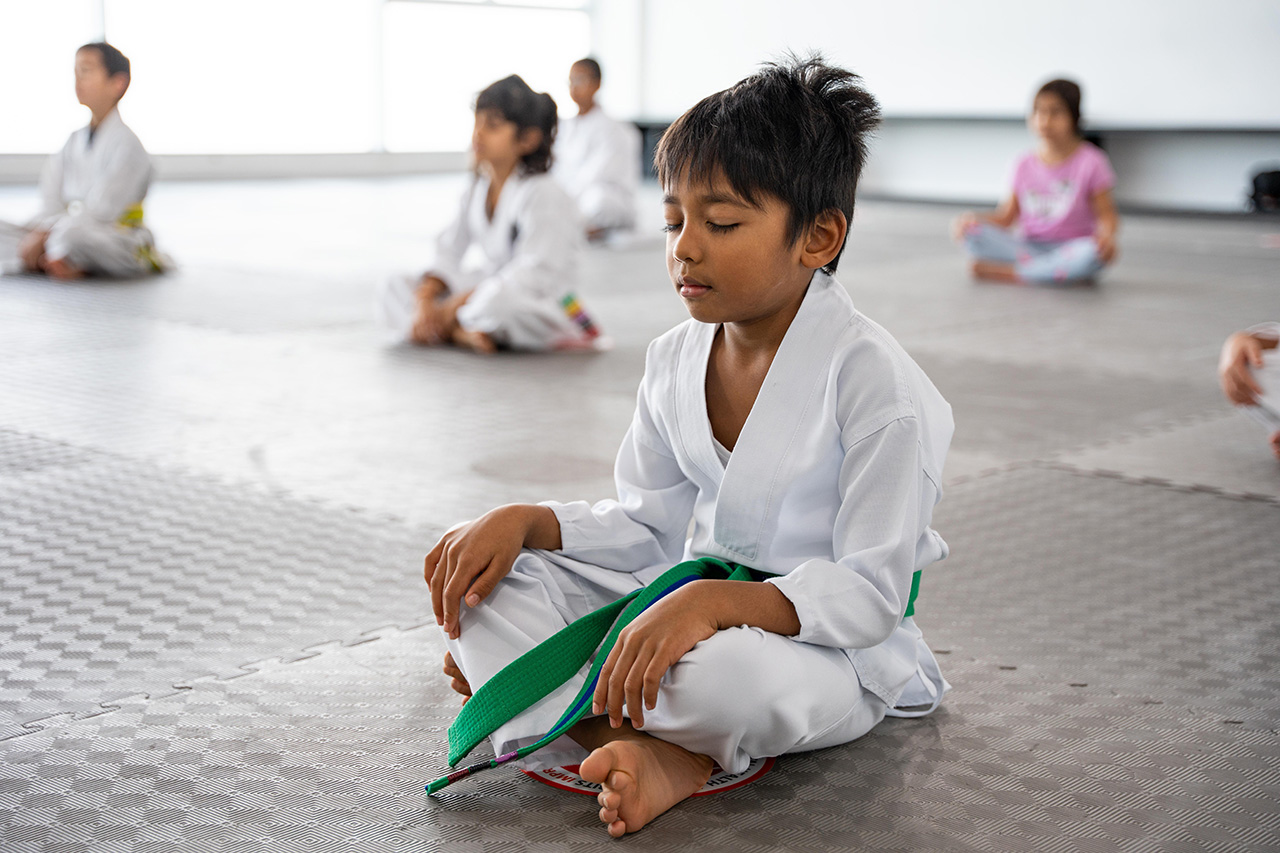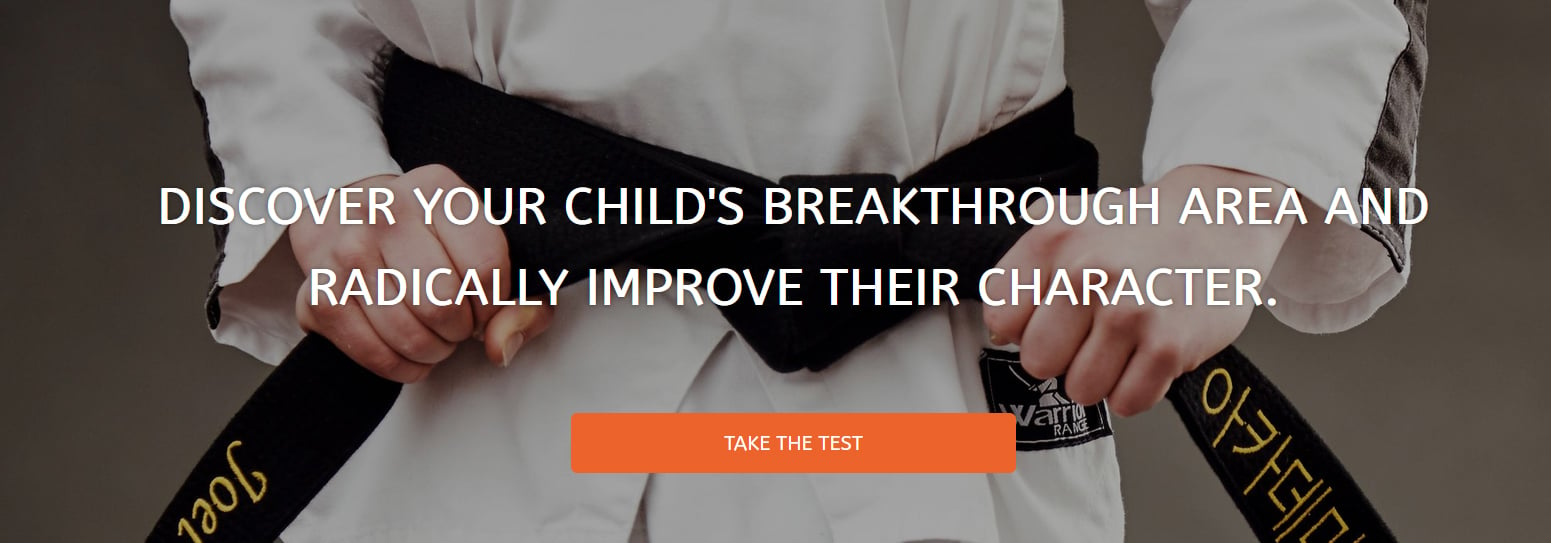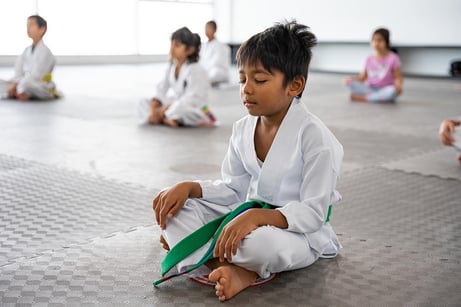 What Is the Best Age to Start Learning Martial Arts?
What Is the Best Age to Start Learning Martial Arts?
What age is best to start learning martial arts? It’s a question we frequently encounter, and today we’re here to shed light on the best age to start martial arts training.
Martial arts, with their rich diversity and historical significance, are deeply embedded in various cultures worldwide. Each style, stemming from unique origins, presents distinct philosophies and techniques. Determining the best age to start martial arts is crucial, considering factors like physical readiness, mental maturity, and emotional suitability.
Understanding Physical and Mental Development in Children for Martial Arts
Children develop at their own pace, and physical activities like martial arts significantly impact this growth. Martial arts training enhances motor skills, balance, and coordination. It’s vital to align the intensity and complexity of martial arts with the child’s developmental stage to ensure the best age to start martial arts is chosen.
Early Childhood (Ages 3-6): Evaluating the Best Age to Start Martial Arts Young
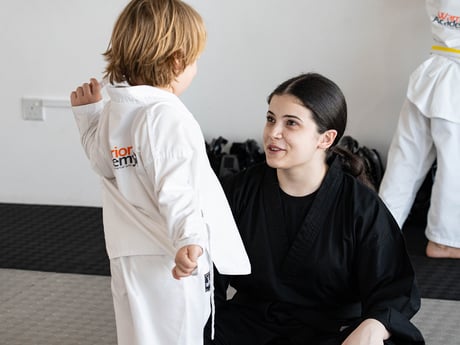 Introducing martial arts at a young age can lay a foundation for lifelong fitness and discipline. It hones basic motor skills and instills discipline. However, younger children might struggle with short attention spans and complex instructions. Therefore, martial arts for this age should focus on fun and engaging activities, emphasising basic principles.
Introducing martial arts at a young age can lay a foundation for lifelong fitness and discipline. It hones basic motor skills and instills discipline. However, younger children might struggle with short attention spans and complex instructions. Therefore, martial arts for this age should focus on fun and engaging activities, emphasising basic principles.
Middle Childhood (Ages 7-10): Is This the Best Age to Start Martial Arts?
Many consider this the ideal time to begin martial arts training. Children in this age bracket have more refined motor skills and a greater capacity for following instructions. They start understanding and valuing discipline, respect, and perseverance, key elements of martial arts. This age, crucial for identity formation, can be positively influenced by martial arts training.
Adolescence (Ages 11-18): Starting Martial Arts at a Later Age
Adolescents may join martial arts later than their peers, but they bring considerable strengths to their training. They possess enhanced physical strength and a mature understanding of complex techniques. For them, martial arts offer substantial mental and emotional benefits like boosted self-esteem and resilience.
Adult Learners: Finding the Best Age to Start Martial Arts Is Never Too Late
Adults often think it's too late to start martial arts, but this couldn’t be further from the truth. Beginning martial arts as an adult offers excellent fitness, stress relief, and self-defense opportunities. Adults often bring a level of focus and commitment that enriches their martial arts journey.
Different Martial Arts and Their Ideal Starting Ages
Every martial art is unique. For example, Karate and Taekwondo are popular among children for their dynamic striking and kicking techniques. Judo, with its emphasis on grappling, suits older children and adolescents better.
The Role of Instructors in Determining the Best Age to Start Martial Arts
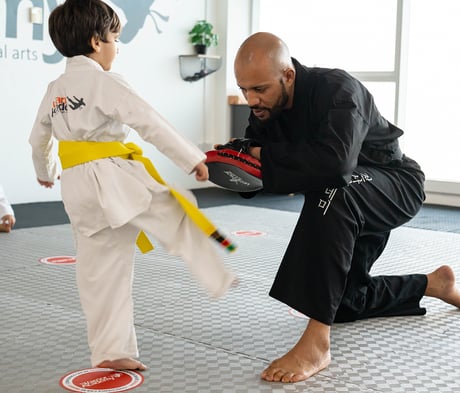 Qualified instructors are key in providing a safe and effective martial arts learning experience. They must tailor their teaching to the student’s age, ability, and learning style, ensuring that the training is appropriate for their developmental stage.
Qualified instructors are key in providing a safe and effective martial arts learning experience. They must tailor their teaching to the student’s age, ability, and learning style, ensuring that the training is appropriate for their developmental stage.
Safety Considerations in Martial Arts Training at Any Age
Safety is paramount in martial arts, encompassing both physical and mental aspects. This includes proper equipment and techniques, and fostering a safe and supportive training environment, especially for younger students.
Parental Involvement in Deciding the Best Age to Start Martial Arts
Parents play a vital role in their children's martial arts journey. They should be involved in setting goals, choosing the right martial arts school and instructor, and deciding the best age for their child to start martial arts.
The Impact of Martial Arts on Academic Performance and Social Skills
Martial arts training improves academic performance and social skills. The discipline and focus learned are transferable to academic settings, and the dojo becomes a community where children develop respect and social skills.
Overcoming Common Misconceptions About Martial Arts
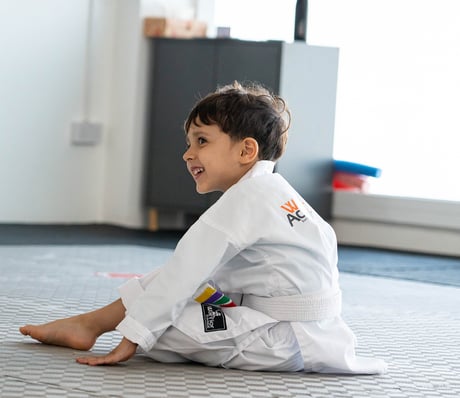 Martial arts are often mistakenly associated with aggression. However, they are fundamentally about self-improvement, discipline, and respect. Understanding this is crucial in realizing the full benefits of martial arts.
Martial arts are often mistakenly associated with aggression. However, they are fundamentally about self-improvement, discipline, and respect. Understanding this is crucial in realizing the full benefits of martial arts.
Balancing Martial Arts with Other Activities
Especially for younger practitioners, balancing martial arts with academics and other activities is essential. Martial arts should enrich, not overwhelm, a child’s life.
Long-Term Benefits of Martial Arts Training
The benefits of martial arts go beyond physical fitness, including mental and emotional well-being. Martial arts can be a lifelong pursuit, offering continuous growth and fulfillment.
Conclusion: Choosing the Best Age to Start Martial Arts
Deciding the best age to start martial arts is a personal choice, dependent on individual readiness and circumstances. Whether for a child, adolescent, or adult, martial arts provide a path to fitness, mental clarity, and personal growth. Ultimately, there is no definitive best age to start learning martial arts. Those who begin young develop a profound understanding of their art, while those starting later can also deeply immerse themselves in martial arts, experiencing significant lifestyle benefits.
At The Warrior Academy, we embrace students of all ages, believing the best age to start martial arts is when an individual feels ready to embark on this journey of character development. From our Little Warriors programme for the youngest enthusiasts to classes for adults, we cater to all ages.
FAQs:
-
Is martial arts suitable for children with attention disorders? Yes, martial arts improve focus and self-control, benefiting those with attention disorders.
-
Can martial arts training help with bullying? Martial arts build confidence and teach assertive, non-violent responses to bullying.
-
Do different martial arts require different fitness levels? Each martial art has its own physical demands, but there’s a style for every fitness level.
-
How does martial arts training influence behavior at home and school? Martial arts often lead to better behavior, marked by increased respect and discipline.
-
Can martial arts be a family activity? Absolutely! Many schools offer classes for different ages, making it a great family activity.
Want to know which area your child needs the most support in? Take our Breakthrough Area Assessment now by clicking the link below.

